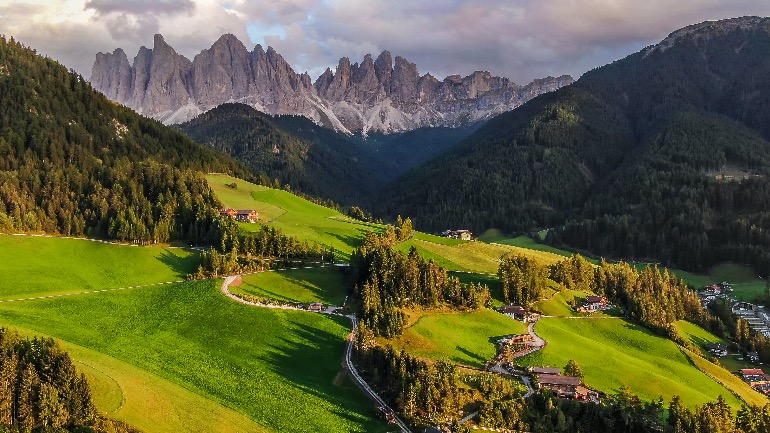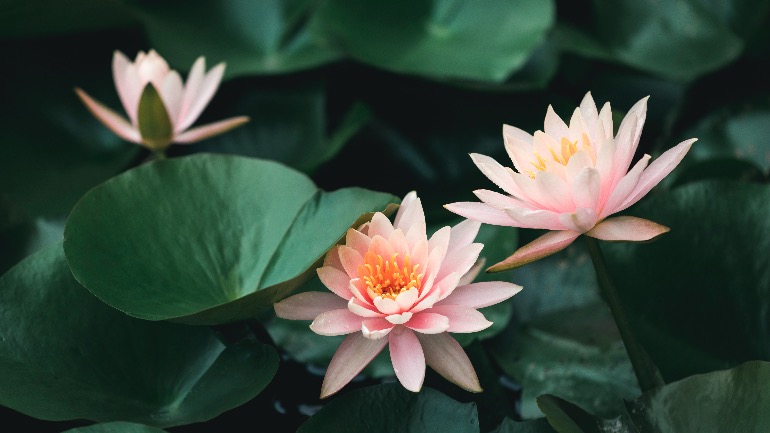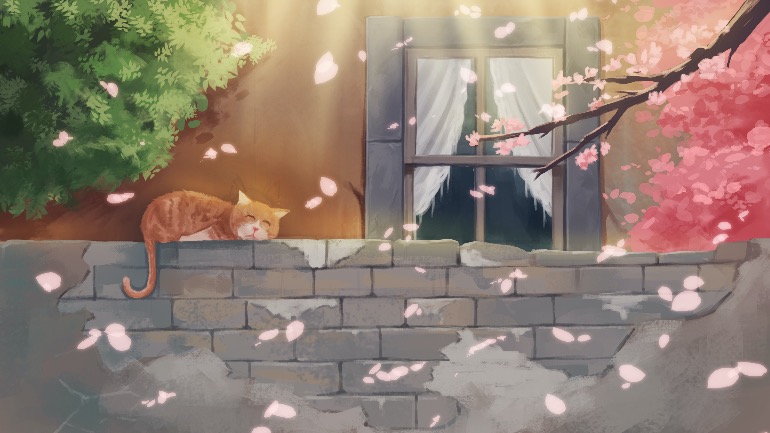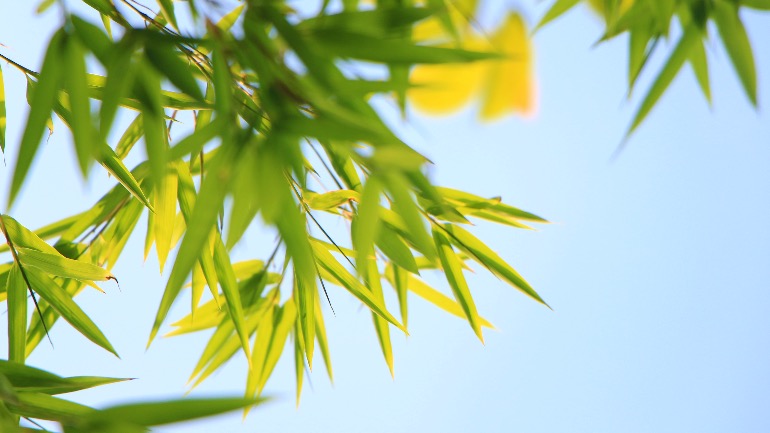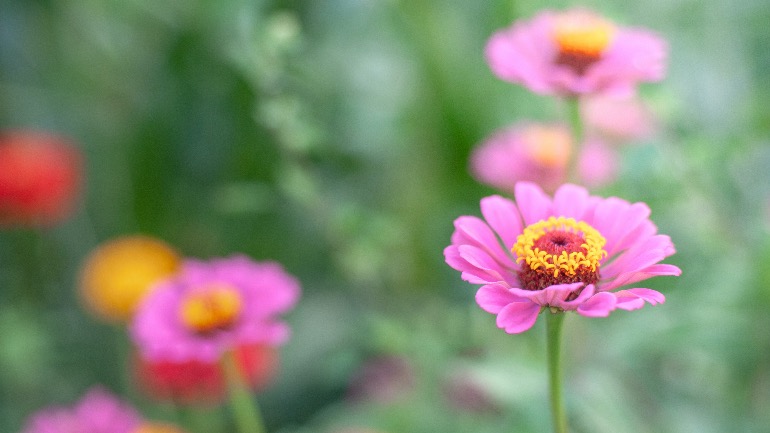We should not think of burning incense and doing prostration as being mundane, whereas listening to the teachings of Madhyamaka or the Great Perfection is supramundane. The distinction between the two is simply not about form.
Take the example of offering butter lamp to the Three Jewels. Given the same object of offering, act of offering and person who offers, the practice will be deemed mundane when renunciation is not generated and the purpose of the offering is to obtain worldly benefits like health, longevity, job promotion, wealth and so on, or a favorable rebirth. Conversely, offering lamp out of true renunciation and to seek liberation from samsara will be considered a supramundane practice. Therefore, the gauge for distinguishing the mundane from the supramundane is no other than whether one has renounced worldly pursuits or not.



